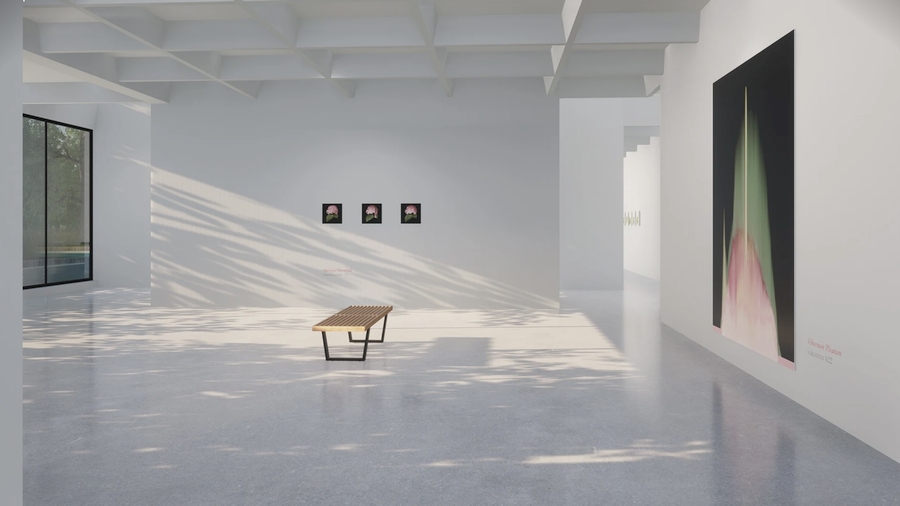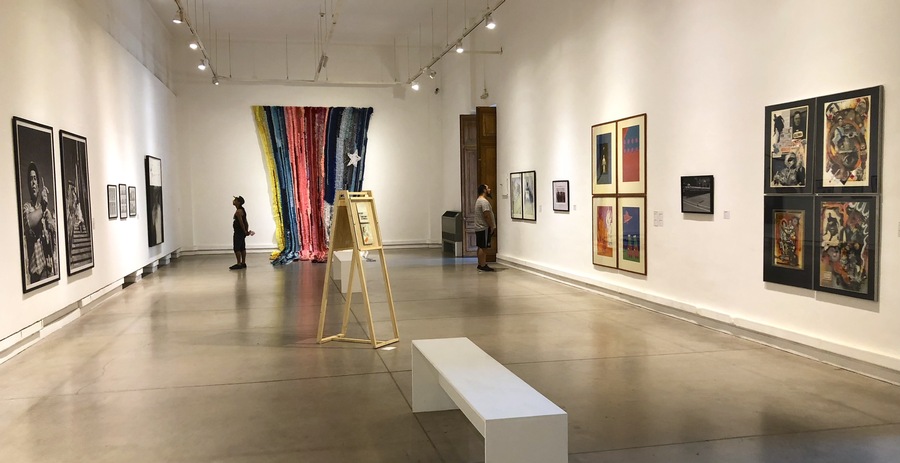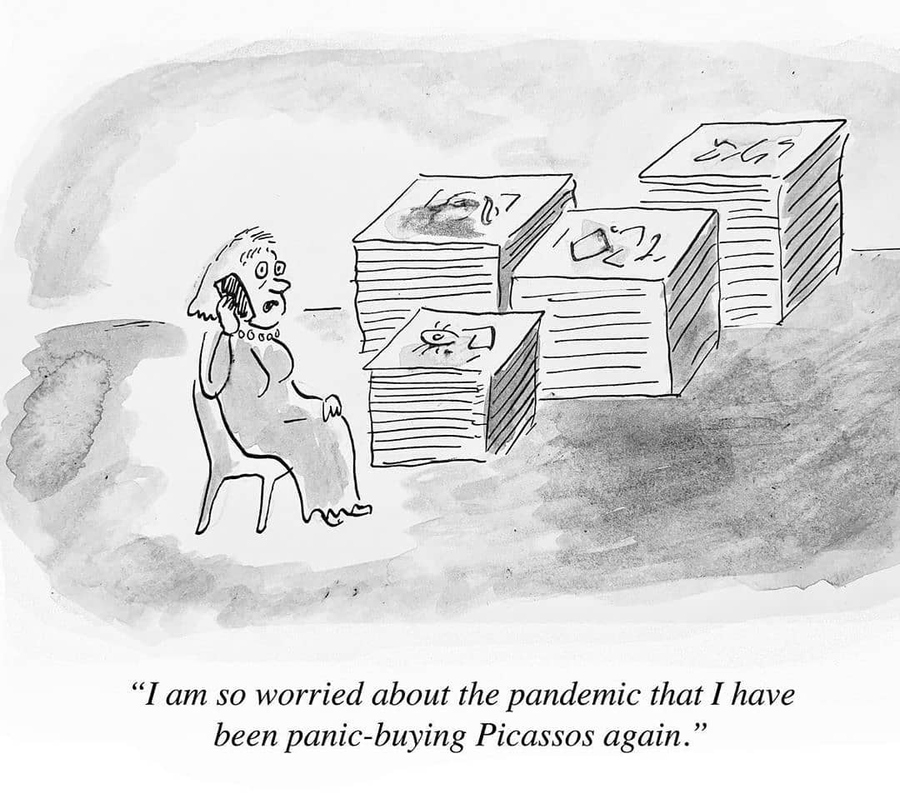ONE YEAR OF DIGITAL EXHIBITIONS: FOUR EXPERIENCES
Since we all are possibly facing an extended period of closures due to new outbreaks, digital exhibitions continue to connect us across continents and as such they are a worthy medium to examine critically. For my overview of four shows, I draw on the concept of “mise-en-scène”, the way digital artworks are presented, as recently elaborated on by one of the major research platforms of digital art, Rhizome.
UN AÑO DE EXPOSICIONES DIGITALES: CUATRO EXPERIENCIAS
Instituciones y artistas han utilizado una serie de plataformas digitales para mantenerse en contacto con sus visitantes y exhibir arte. Sin embargo, no todas las experiencias han sido enriquecedoras. Para esta reseña de cuatro exposiciones online me baso en el concepto de ‘mise-en-scène’ como lo ha planteado recientemente una de las principales plataformas de investigación de arte digital, Rhizome.
PERMANENT VS. TEMPORARY EXHIBITIONS IN CHILE
It would be a loss if the current amount of temporary shows would be cut in order to make room for permanent exhibitions. There need to be more spaces to accommodate the rich artistic production. Given the low value the Chilean government attributes to culture, this option is probably not feasible in the near future. Private entities could jump in, with their own projects. However, even more important than practicalities is a general sense of appreciation of art from here.
EXPOSICIONES EN CHILE: PERMANENTES VS. TEMPORALES
«Sería una lástima que la cantidad actual de exposiciones temporales se redujera para dar lugar a las exposiciones permanentes. Es necesario que haya más espacios para acomodar la rica producción artística. Pero, dado el poco valor que el gobierno de Chile atribuye a la cultura, es probable que esta opción no sea viable en un futuro cercano. Las entidades privadas podrían intervenir. Sin embargo, aún más importante que los aspectos prácticos, es contar con un amplio sentido de apreciación del ‘arte de aquí'».
COLLECTING IN TIMES OF CRISIS
It is probable that artists whose works you already collect temporarily stop working and exhibiting as usual. They might be actively involved in the protest, join cabildos, or fulfill other civic duties. Everyone will have to reorganize their life according to the new, difficult situation, losing jobs and therefore finding less time for art. This is not a break in their practice, but a momentary hiatus or an interesting turning point. Given the economic precarity of many artists and the fragility of the local art scene, collectors can be a corrective to the downturns.
EL COLECCIONISMO EN TIEMPOS DE CRISIS
Apoya a los artistas a un nivel sostenible, no basado en objetos. Las formas útiles de hacer esto son: pagar el arriendo de su estudio, comprarles materiales, aportarles subsidios, financiar viajes, residencias, exposiciones y formación. La venta de obras de arte es demasiado volátil y esporádica como para permitir que un artista satisfaga sus necesidades esenciales recurrentes, como lo es la alimentación, el arriendo y la atención médica. Con más inseguridad financiera, hay menos tiempo y energía para hacer arte. Por lo tanto, piensa independientemente del material y la producción medible, y piensa en el arte, como se dijo al principio, como una práctica en la que es importante que participes. (Esto es igualmente importante en otros tipos de crisis, como la actual pandemia SARS-CoV-2).




